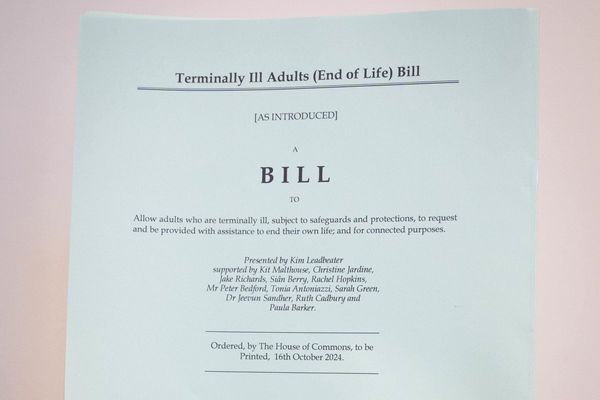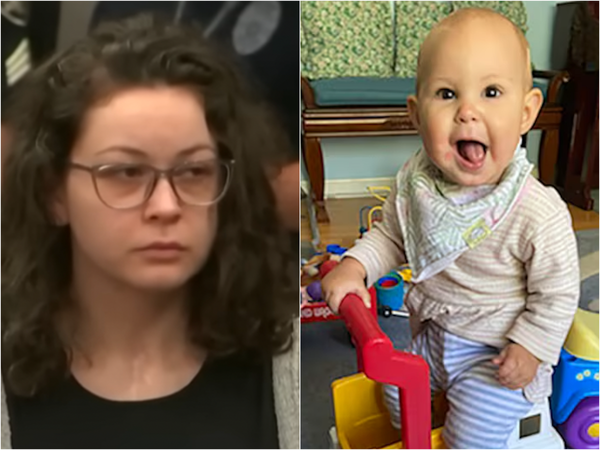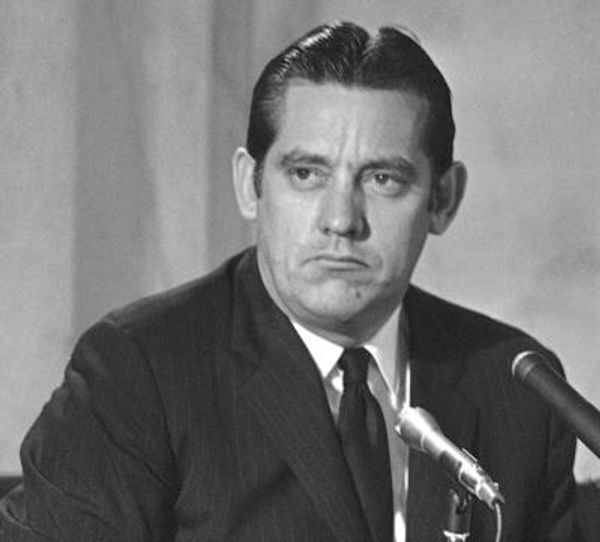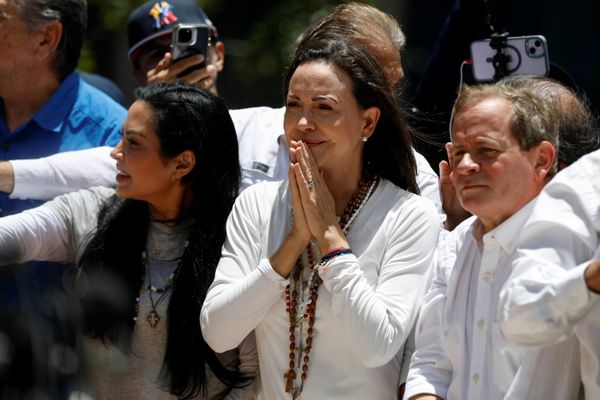
In the last few years of his career, Harry Styles has shown that he is an ally of the LGBTQ community in subtle and not-so-subtle ways. When the homophobic Westboro Baptist Church in Kansas picketed his former boyband One Direction’s concert, he responded with a tweet supporting “equal rights for everyone”. Since launching his solo career last year in a flurry of Jacobean ruffled shirts and studied Jagger-esque moves, he has danced with rainbow flags and invited queer trio Muna to support him on tour. In a new song debuted this month, Styles seemed to align himself more directly with the LGBTQ community than he had to date. Performing Medicine in Paris, he confidently roared, “The boys and the girls are here / I mess around with him / And I’m OK with it.” Fans hailed it as a bisexual anthem.
harry styles singing “here to take my medicine, take my medicine treat you like a gentleman” saved the gays pic.twitter.com/tXzjokBwpa
— laura♡ (@pieceofmelwt) March 14, 2018
Styles hasn’t explained the Medicine lyrics, and has never openly identified as queer. When asked about his sexuality in interviews, he has been consistently ambiguous. “I don’t feel like it’s something I’ve ever felt like I have to explain about myself,” he told the Sun last year. Even so, Medicine was an important moment for some bisexual music lovers, unaccustomed to seeing their own experiences mirrored in arena-filling pop songs. “It made me feel good about myself as a bisexual,” says Joanie, a Styles fan from Montreal. “Hearing your idol sing about your people means more than you can imagine.” Fifteen-year-old Even, who identifies as bisexual, agreed. “I think it’s really cool and brave,” he says. “There are not many male bisexual celebrities, so people think bi boys don’t exist, but they do.”
Mainstream pop has a fairly robust history of queer themes, but the “B” in LGBTQ has often been overlooked. Representation is crucial: bisexual people can be stigmatised by both straight and LGTQ communities, according to the lead author of a 2017 study, leading to “double discrimination” and putting them at higher risk of struggling with mental health issues than other LGBTQ folks. As pop culture slowly becomes more inclusive of specific marginalised identities, there’s a hunger for songs that directly speak to bisexual experiences. Now, there’s an increasing feeling that these themes need not be hidden between the lines: last March, Frank Ocean’s one-off single Chanel seemed to directly allude to bisexuality, and in the neon-soaked video for her comeback single Make Me Feel, Janelle Monáe giddily spins between male and female love interests.
According to a 2017 study, less than half of American teenagers identified as straight, and speaking directly to this audience can create loyal, lifelong fans – as long as it is sincere. Grammy-nominated R&B artist Kehlani speaks openly about her pansexual identity, and depicted sepia-filtered same-sex romance in her 2017 video for Honey; her gigs are packed with LGBTQ teens. Last year, Halsey teamed up with Fifth Harmony’s Lauren Jauregui for Strangers, an earworm that used female pronouns. “That song is so important,” says Quinn, a genderqueer bisexual fan from Tennessee. “In the past, a lot of bisexual representation has been negative or nonexistent – but I love how both Halsey and Lauren are bisexual women singing about queer romances.”

This fanbase is rightly sceptical about being exploited. Bisexual themes in post-millennium pop have often come across as queer-baiting – making a play for the lucrative support of LGBTQ audiences while avoiding the risk of alienating other (homophobic) fans. Katy Perry’s I Kissed a Girl toyed with girl-on-girl imagery with all the nuance of Nuts magazine (this year she expressed some regret over the lyrics); in Not Myself Tonight, Christina Aguilera donned Torture Garden PVC and sang of a bi-curious moment of madness (“Someone call the doctor,” she urged, “’cause I’ve lost my mind”). Nicki Minaj claimed to be bisexual at the beginning of her career, rapping about a carnivorous appetite for “kitty kat”, but later said that she did it to get attention. Jessie J said that her own bisexuality was a “phase”. It’s been historically rare for male artists to acknowledge bisexuality at all. David Bowie famously told Melody Maker in 1972 that he was attracted to men; a decade later, he called the admission “the biggest mistake I ever made.”
When artists toy with bi-curiousness to cause a stir, or reduce it to a kind of nymphomaniac pathology, they minimise the lived experiences of a community that might face specific marginalisation. Bisexual pop fans won’t stand for the crumbs they have been offered in the past, and mainstream music is beginning to evolve in line with this. “Being part of the LGBTQ community is not a joke,” says Joanie. “It’s who we are.”







